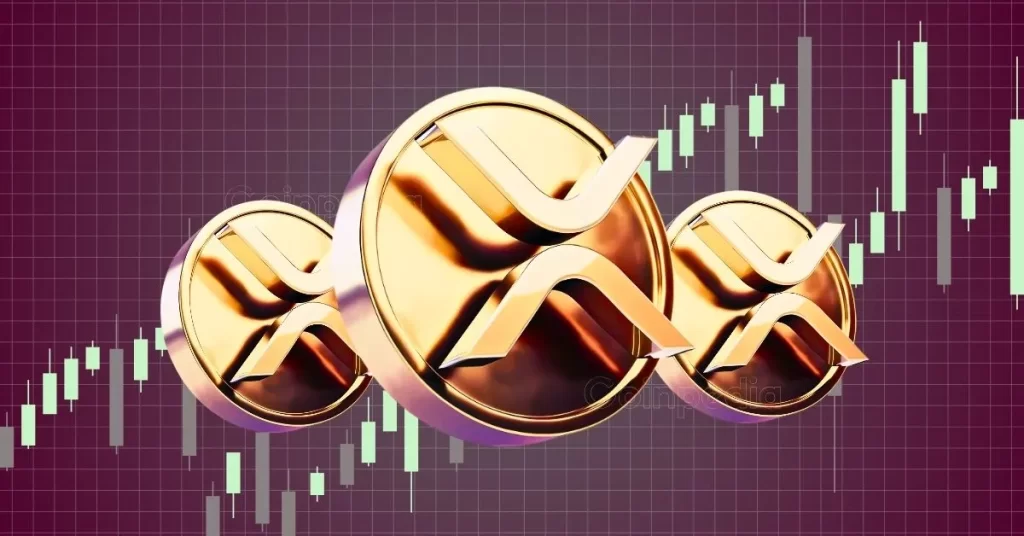The Russian government has taken a significant step in digital asset regulation by enacting comprehensive legislation that formally recognizes cryptocurrencies as property and establishes a clear taxation framework. President Vladimir Putin’s recent bill assent represents a strategic move to integrate digital assets into the country’s formal economic landscape. The new legislative framework introduces a sophisticated approach to cryptocurrency management, fundamentally transforming how digital assets are perceived and handled within the Russian financial system. By classifying cryptocurrencies as property under the Internal Revenue Code, the Russian government has created a structured pathway for legal recognition and financial accountability. Taxation is a critical component of the new regulatory environment, and cryptocurrency mining operations will now face specific tax obligations, with a graduated income tax structure designed to capture the emerging digital economy. Initially set at 13%, the tax will increase to 15% for annual incomes surpassing 2.4 million rubles (approximately $28,800) in 2025. A Major Advancement for the Crypto Space This move came a few days after a Chinese court recognized cryptocurrencies as property , allowing private ownership in the country. Although most crypto-related activities remain illegal in China, Russia has more favorable rules for digital asset trading. The legislation also follows recent experimental efforts to integrate cryptocurrencies into Russia’s financial infrastructure. In September, the government initiated trials utilizing the National Payment Card System to facilitate cryptocurrency exchanges and cross-border transactions. These trials were particularly crucial given the challenging international sanctions environment that has complicated traditional financial transactions for Russian businesses. In August, Putin signed a complementary law specifically legalizing cryptocurrency mining. The legislation restricts mining activities to registered Russian legal entities and individual entrepreneurs, with exceptions granted for individual miners operating within prescribed energy consumption limits. The Bank of Russia retains significant regulatory power under the new framework. It has the authority to restrict digital financial asset listings that might compromise national financial stability. We are on twitter, follow us to connect with us :- @TimesTabloid1 — TimesTabloid (@TimesTabloid1) July 15, 2023 Compliance measures have been significantly enhanced, requiring mining companies to provide comprehensive user data to governmental authorities. This provision reflects a broader strategy of maintaining transparency and regulatory oversight in the digital asset sector. By mandating detailed reporting, Russian officials aim to prevent potential financial irregularities and ensure proper economic tracking. Russia is one of the biggest markets for crypto mining , and during an economic policy meeting, Putin emphasized the critical importance of developing a comprehensive legal infrastructure for cryptocurrencies. He stressed the necessity of creating robust frameworks and environments that can support the circulation of digital assets, viewing them as potential drivers of economic innovation and growth. This legislative development signals Russia’s commitment to positioning itself at the forefront of cryptocurrency regulation. Disclaimer : This content is meant to inform and should not be considered financial advice. The views expressed in this article may include the author’s personal opinions and do not represent Times Tabloid’s opinion. Readers are urged to do in-depth research before making any investment decisions. Any action taken by the reader is strictly at their own risk. Times Tabloid is not responsible for any financial losses. Follow us on Twitter , Facebook , Telegram , and Google News The post Russian President Signs Law to Recognize Bitcoin, Ethereum, XRP and Cryptos As Property appeared first on Times Tabloid .














